Should You Try Tai Chi for Healthy Aging?
Part martial art, part meditation, Tai Chi can help you stay strong and fit as you age. This ancient practice offers even more benefits than you may realize.

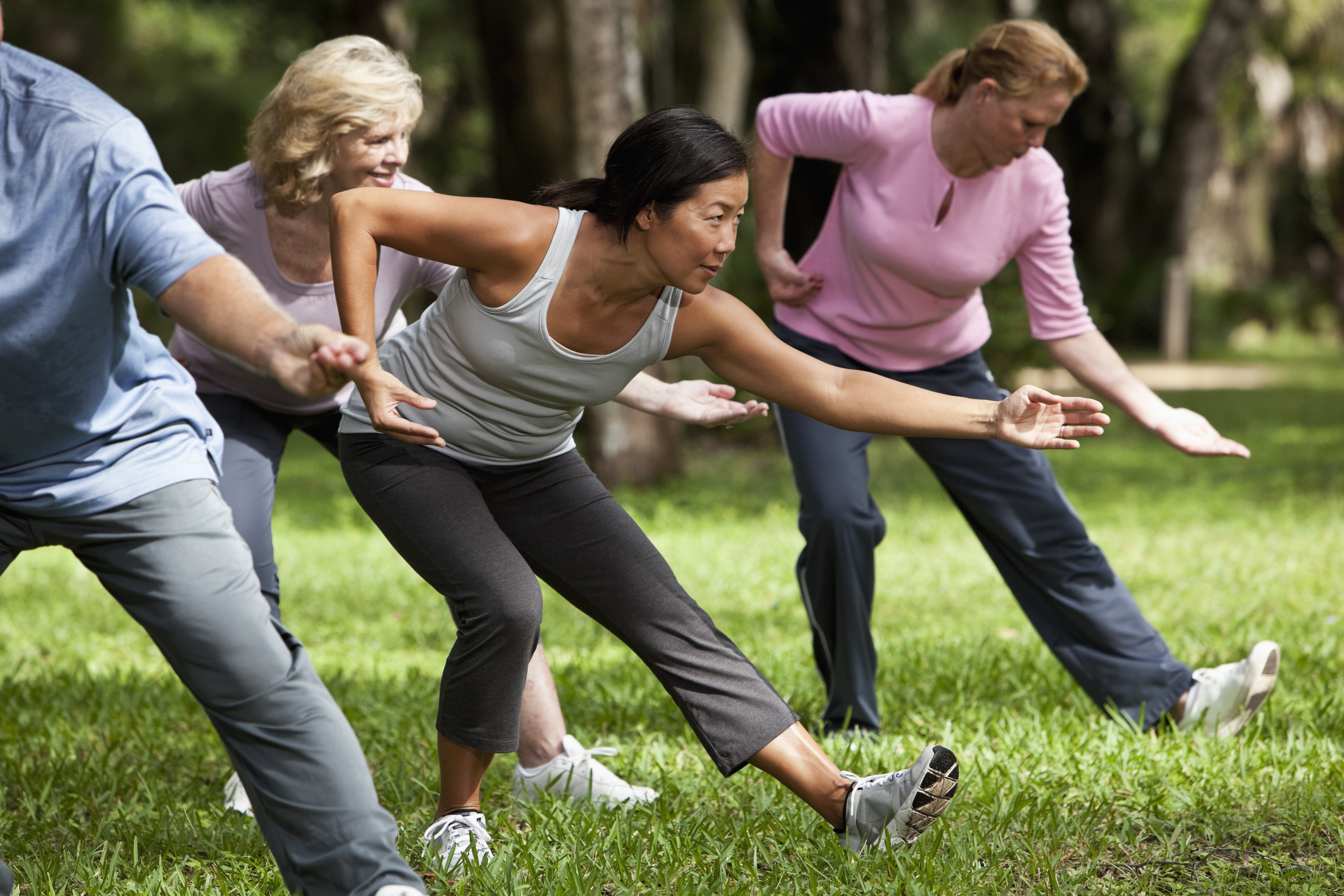
Profit and prosper with the best of Kiplinger's advice on investing, taxes, retirement, personal finance and much more. Delivered daily. Enter your email in the box and click Sign Me Up.
You are now subscribed
Your newsletter sign-up was successful
Want to add more newsletters?
If you're getting older, martial arts may not be on your radar as an activity you should take up. In fact, when most people think about how they want to spend their days in retirement, activities like golf or gardening are more likely to come to mind.
Maybe that's a mistake, though.
In fact, research from Harvard suggests that opting for a Tai Chi class over more traditional exercises, such as walking or swimming, could be the best way to stay fit after 60. Here's why.
From just $107.88 $24.99 for Kiplinger Personal Finance
Become a smarter, better informed investor. Subscribe from just $107.88 $24.99, plus get up to 4 Special Issues

Sign up for Kiplinger’s Free Newsletters
Profit and prosper with the best of expert advice on investing, taxes, retirement, personal finance and more - straight to your e-mail.
Profit and prosper with the best of expert advice - straight to your e-mail.
Tai chi could be the key to healthy aging
According to the Tai Chi Foundation, this ancient Chinese martial art is practiced at a slow pace and focuses on harmonizing the body and mind.
Its purpose is to help your inner life energy flow powerfully throughout the body, and it includes a heavy focus on fluid, graceful movement, deep breathing, and mental concentration. However, you don't want to underestimate this martial art just because it's not a fast-paced exercise like cardio workouts.
“The slowness that you see from the outside can be deceptive,” says Dr. Peter Wayne, research director of the Osher Center for Integrative Medicine at Brigham and Women’s Hospital and Harvard Medical School.
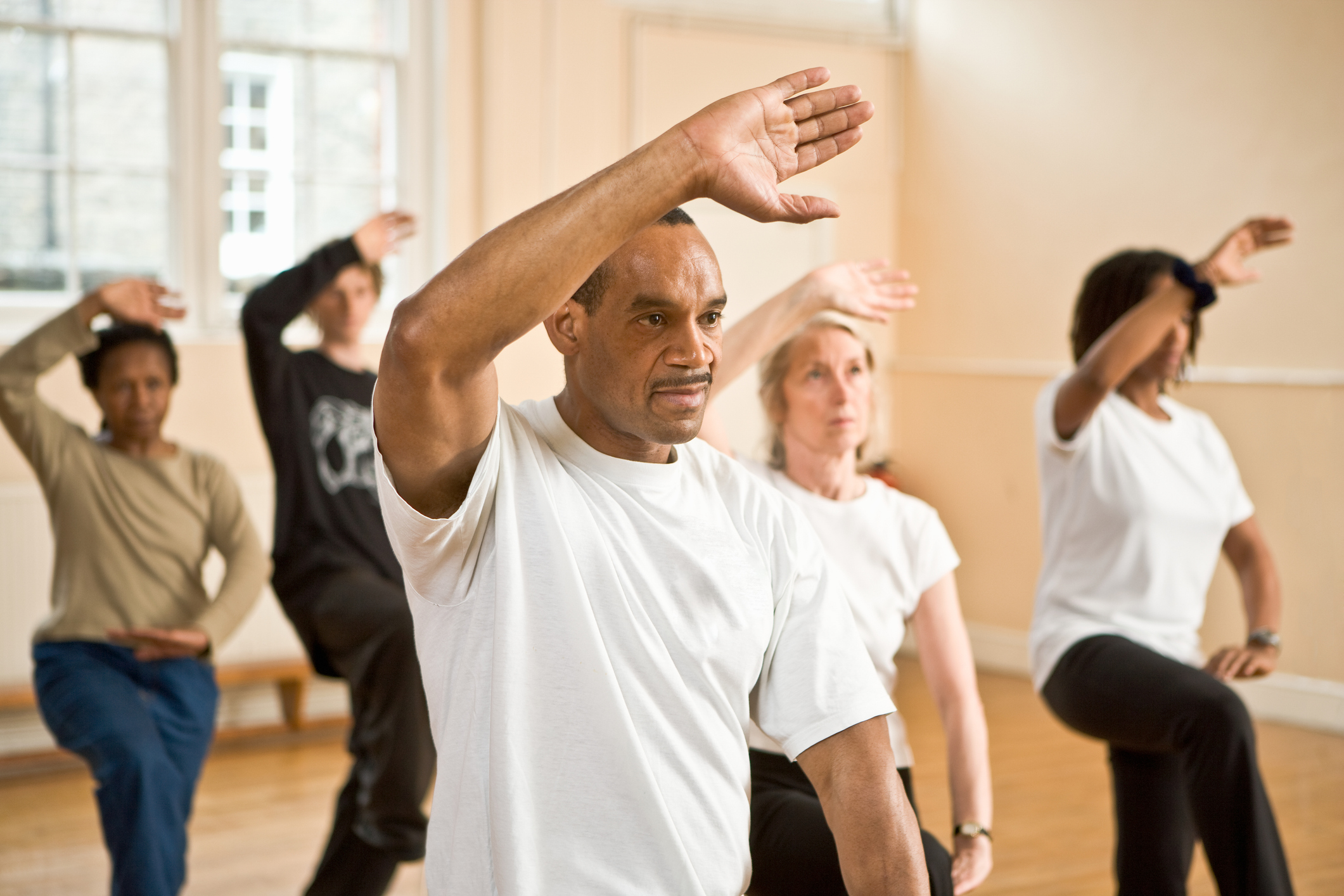
Tai chi is equivalent to a brisk walk in terms of its aerobic potential, and may be more vigorous than training with weights, according to Dr. Wayne, who touted studies showing its benefits. It's also been proven to offer these benefits.
- Help promote bone strength and joint stability.
- Improve cardiovascular health.
- Boost your immune system.
- Develop your emotional well-being.
- Boost your overall fitness levels.
- Improve cognitive function and focus.
It can also reduce falls by as much as 45%, which is an enormous benefit, as more than one in four older Americans falls each year, according to the CDC. Parkinson's patients, in particular, may benefit from improvements in balance that can result from practicing Tai Chi.
Give Tai Chi a try
While this long list of benefits may sound like an infomercial for a too-good-to-be-true weight-loss system being hawked on late-night TV, the reality is that Tai Chi's benefits are backed by real science. Experts believe that Tai Chi offers more health benefits than many other forms of exercise, while still being well-suited for older adults.
“You don’t have to have a health issue to do Tai Chi. But if you do, you should find a way to incorporate Tai Chi into some part of your life,” Dr. Wayne said in his book, "The Harvard Medical School Guide to Tai Chi.
The good news is, you can find online instructions for getting started with Tai Chi if you want to give the practice a try. You can sign up for an online class on the Tai Chi Foundation website or explore their free videos. YouTube also offers a number of free videos, some of which incorporate "chair" Tai Chi if you need to exercise in a seated position.
You may also be able to find a class in your area that's geared towards seniors, and Silver Sneakers may cover the costs if you have a qualifying Medicare Advantage plan. In fact, Silver Sneakers offers online Tai Chi classes that you can take from the comfort of your own home.
Be sure to consult your doctor before starting any new type of exercise, including Tai Chi.
While you likely won't be the next Michelle Yeoh, who at 59 performed her own martial arts fight scenes in Everything Everywhere All at Once, you can certainly take a tip from her and practice Tai Chi daily. You may just find that your physical and mental health improve, and that you feel more powerful as you age.
Read More
Profit and prosper with the best of Kiplinger's advice on investing, taxes, retirement, personal finance and much more. Delivered daily. Enter your email in the box and click Sign Me Up.

Christy Bieber is an experienced personal finance and legal writer who has been writing since 2008. She has been published by Forbes, CNN, WSJ Buyside, Motley Fool, and many other online sites. She has a JD from UCLA and a degree in English, Media, and Communications from the University of Rochester.
-
 3 Smart Ways to Spend Your Retirement Tax Refund
3 Smart Ways to Spend Your Retirement Tax RefundRetirement Taxes With the new "senior bonus" hitting bank accounts this tax season, your retirement refund may be higher than usual. Here's how to reinvest those funds for a financially efficient 2026.
-
 5 Retirement Tax Traps to Watch in 2026
5 Retirement Tax Traps to Watch in 2026Retirement Even in retirement, some income sources can unexpectedly raise your federal and state tax bills. Here's how to avoid costly surprises.
-
 Trump's New Retirement Plan: What You Need to Know
Trump's New Retirement Plan: What You Need to KnowPresident Trump's State of the Union address touched upon several topics, including a new retirement plan for Americans. Here's how it might work.
-
 Will Soaring Health Care Premiums Tank Your Early Retirement?
Will Soaring Health Care Premiums Tank Your Early Retirement?If you're under 65 and want to retire soon, your plan may be derailed by skyrocketing ACA marketplace premiums. Here's what you can do.
-
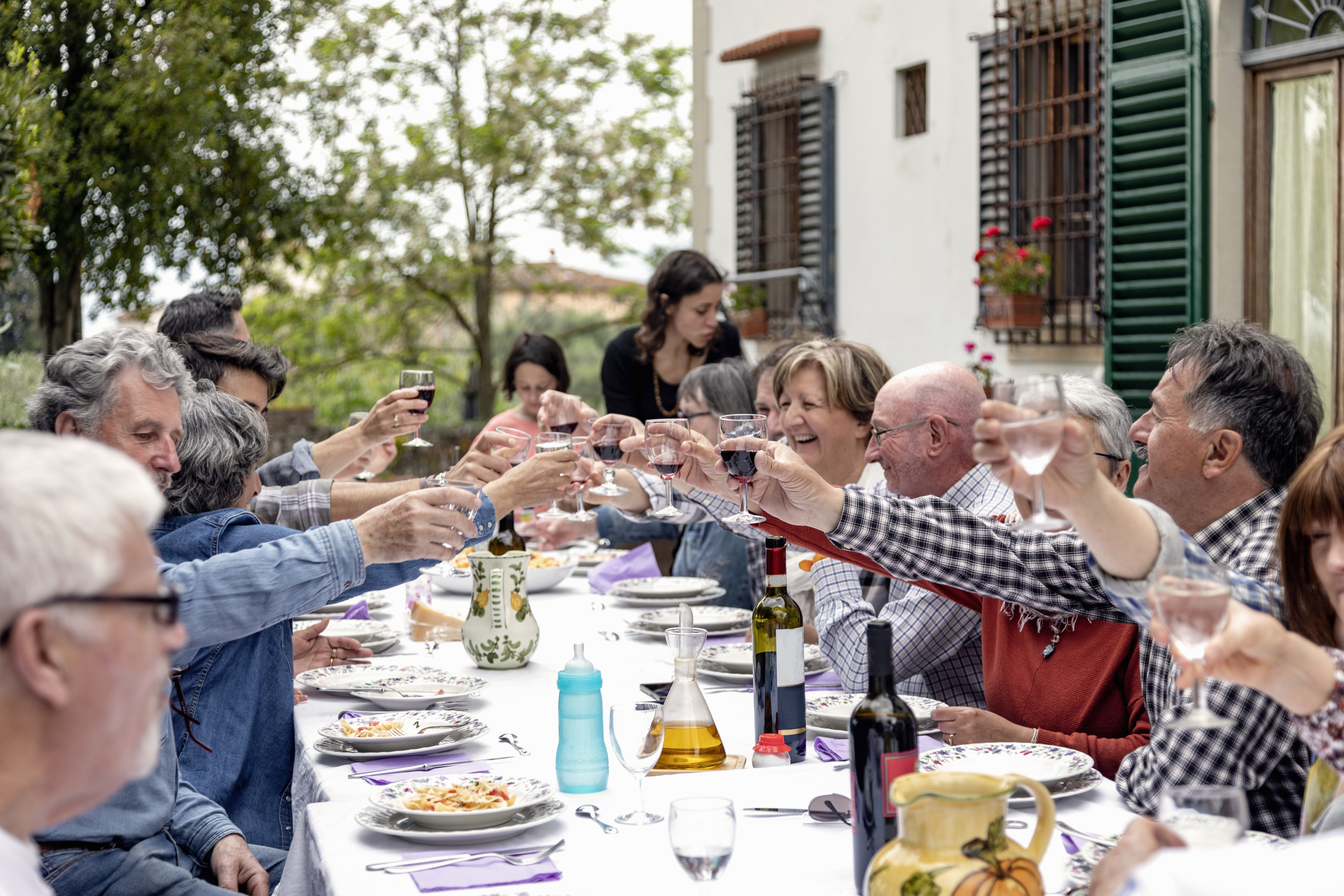 Healthy to 100: Secrets from Countries Where Retirees Age Best
Healthy to 100: Secrets from Countries Where Retirees Age BestLongevity is a team sport, according to author Ken Stern. Here's the secret sauce for living long, healthy lives from countries such as Italy and Japan.
-
 Government Research Cuts Hit Older Adults
Government Research Cuts Hit Older AdultsThe Trump administration has slashed funding for medical research, delaying some treatments and cures for health conditions affecting retirees.
-
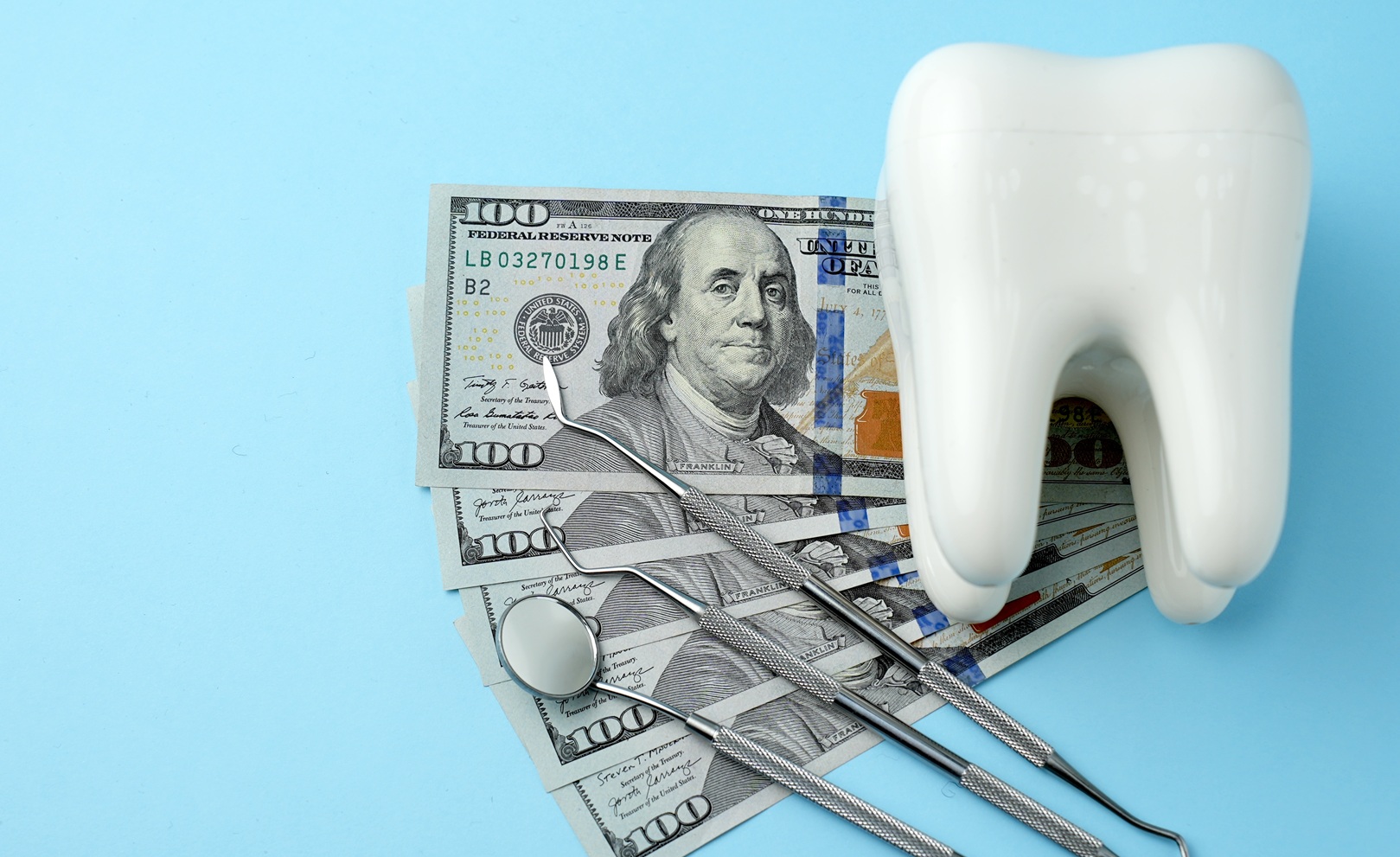 Dental Cost Advice for New Retirees, From a New Retiree
Dental Cost Advice for New Retirees, From a New RetireeWhat I faced in my first dental bill after retiring.
-
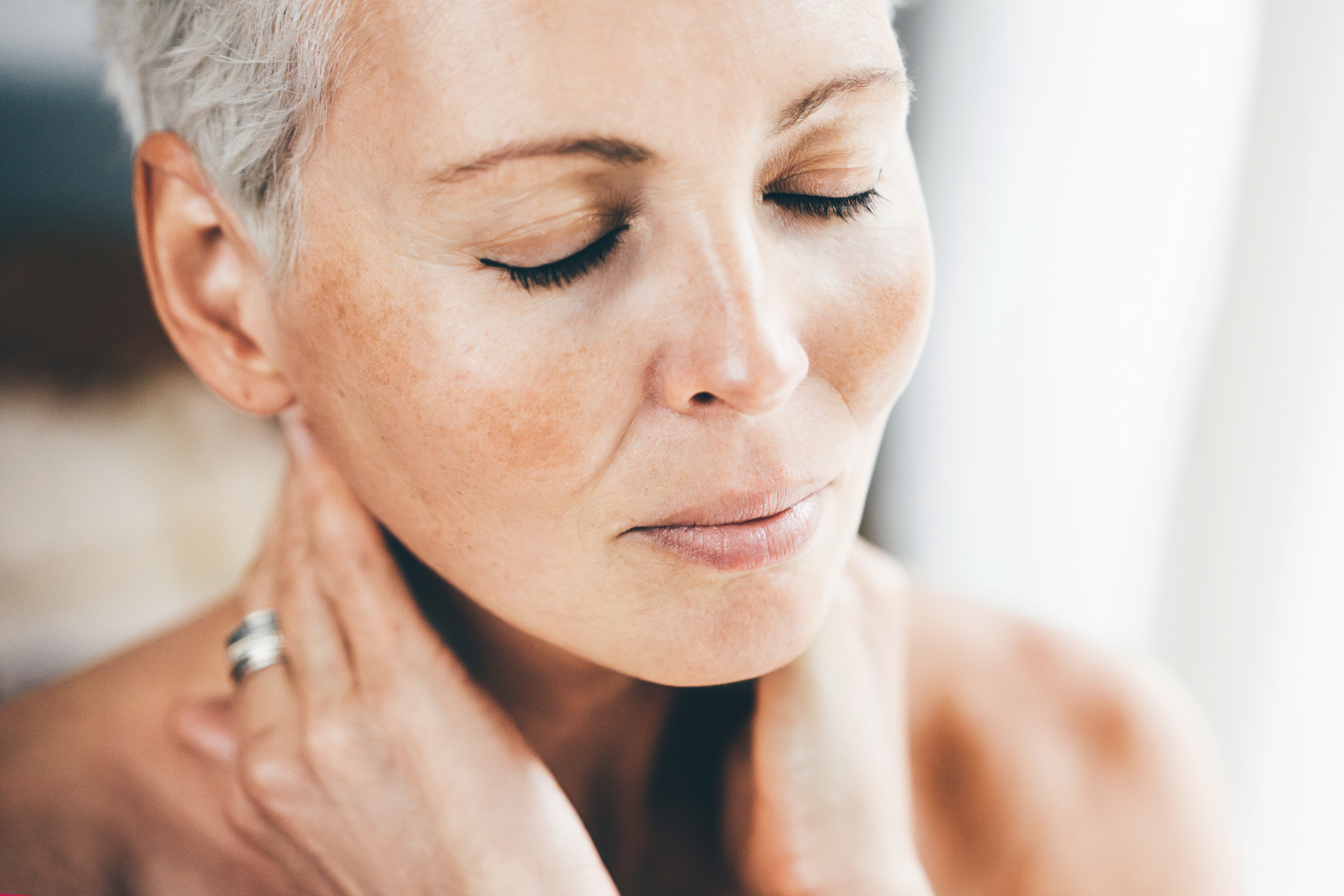 Try This One-Minute Test to Uncover Hidden Health Risks
Try This One-Minute Test to Uncover Hidden Health RisksFinding out this little-known fact about your body could reveal your risk of heart disease and more. It's a simple, free check for healthy aging.
-
 Over 50 and Can’t Stop Snacking? Here's How to Beat Junk Food Addiction
Over 50 and Can’t Stop Snacking? Here's How to Beat Junk Food AddictionGiving up ultra-processed food is designed to be hard. Here's why so many of us reach for the junk and how to gradually kick the habit.
-
 I'm 68 and Health Issues Forced Me to Retire. Should I Claim Social Security or Use My Savings Until I'm 70?
I'm 68 and Health Issues Forced Me to Retire. Should I Claim Social Security or Use My Savings Until I'm 70?We asked financial planning experts for advice.
-
 Quiz: The Secrets to Aging Well: How Savvy Are You?
Quiz: The Secrets to Aging Well: How Savvy Are You?Quiz Test your basic knowledge of the habits that can lead to a long and healthy life in our quick quiz.